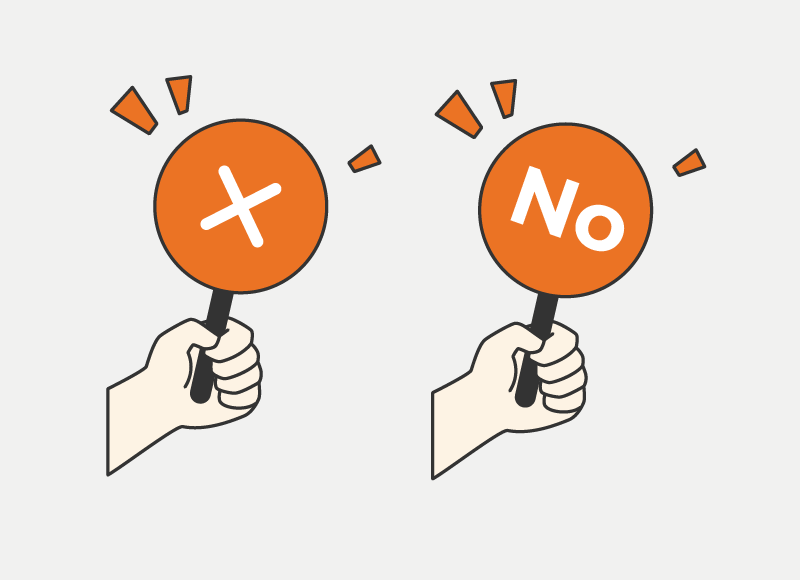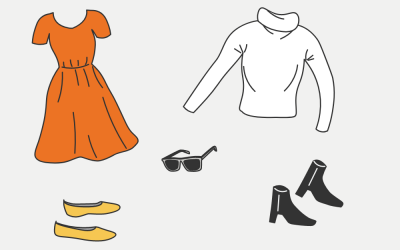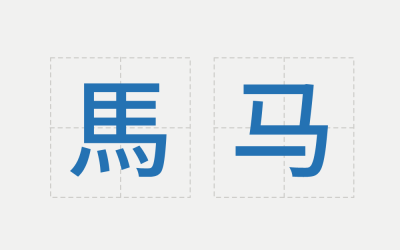In Chinese, both 不 (bù) and 没 (méi) can be used to negate a verb.
However, when it comes to the verb “to have“, which is 有 (yǒu), you can only say 没有 (méi yǒu) to express the negatives “not to have“. NEVER EVER say 不有 (bù yǒu), because there is no such word.
Here are some simple examples for you to understand the expression of 没有 (méi yǒu) :
I don’t have a girlfriend.
我没有女朋友。
Wǒ méiyǒu nǚ péngyou.
I don’t have any money.
我没有钱。
Wǒ méi yǒu qián.
When adding a verb
Some Chinese learners are confused by the difference between 不 (bù) + verb and 没有 (méi yǒu)+ verb when negating actions. What you need to remember is that 不 (bù) + verb is used for negation of present and future actions, whereas 没有 (méi yǒu)+ verb is used for negation of past actions, in this case 有 (yǒu) is optional. Let’s have a look at some examples:
没有 (Méi yǒu) + verb
Yesterday I didn’t go to school.
昨天我没(有)去学校。
Zuótiān wǒ méi(yǒu) qù xuéxiào.
I didn’t have breakfast today.
今天我没(有)吃早饭。
Jīntiān wǒ méi(yǒu) chī zǎofàn.
不 (bù) + verb
I don’t go to school. / I am not going to school.
我不去学校。
Wǒ bú qù xuéxiào.
English
I don’t eat breakfast. / I am not going to eat breakfast.
我不吃早饭。
Wǒ bù chī zǎofàn.










0 Comments